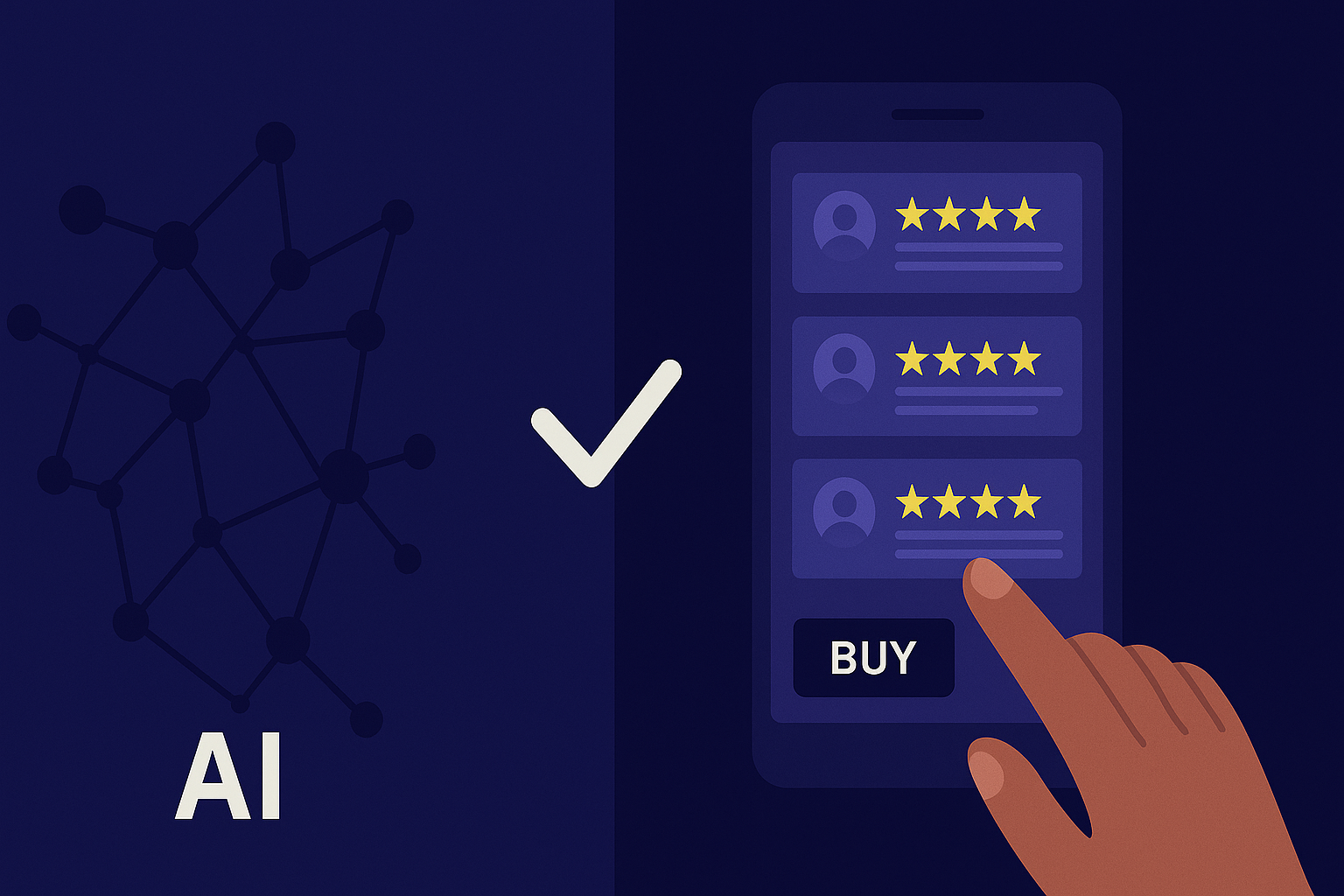Important Disclosure
You should notice that as Pivony, we never do any content partnership with any brand, and the information we will provide here will be reflecting the sole opinions of our Consumer Insight Analyst. Since this is completely data- driven content, we did our best to remove any bias of the author by peer- reviewing. Our aim is to help brands understand ever-evolving customer needs and expectations 7x faster. You can start your Pivony journey today.

Well-being basically means the state of feeling happy and healthy. Stress is one of the primary factors affectıng our well-being. New research reveals that Americans between 45 and 65 years old are experiencing more stress today than people their age did in the 1990s. Changes in technology, family and relationship dynamics, and economic difficulties are the primary factors that cause stress.
Statistics indicate that
- The number of people practising meditation has tripled since 2012.
- The value of the meditation market doubled by 2022. Meditation Apps Market is expected to grow by 41% during 2020-2027
How can you prevent stress?
Exercising daily, eating a healthy diet, sleeping enough, or reading a good book could be some ways of increasing well-being. Another key activity for well-being is meditation and mindfulness practices. In this article, we will focus on 3 guided meditation apps that become hype.
What happens during a guided meditation?
In guided meditation, a teacher guides you through the basic steps of the practice, either in person or via a meditation app. The guide will instruct you to relax specific muscles in the body until they are comfortable, and will then lead you through mental images and visualizations, often of healing light or the dissipation of past wrongs. Guided meditation can be as short as a few minutes or as long as several hours.

Are meditation apps really beneficial for well-being?
According to an academic article , mindfulness-based mobile apps carry a potential as an alternative medium for self-training and education.
When we consider that there is a rising trend in the numbers, it can be inferred that people find such apps beneficial. These apps have been downloaded more than 100 million times. So, meditation apps are confronted as one of the most popular ways of searching for well-being.
How to choose the right meditation app?
In this article, we will present completely new and original information about the user experience of mobile applications. While there are many meditation apps available on the market, we have decided to include the following 3 apps in this article: Calm, Headspace, and Meditopia. Please reach us if you want us to include other mobile apps too.
We chose them because:
– Headspace (founded in 2010) and Calm (founded in 2012) are the major existing players in the well- being market.
– Because Meditopia (founded in 2015) has recently become popular in the meditation apps market.
We aim to understand:
– Why people choose Headspace instead of Calm, or vice versa, gives an idea about consumer behaviour and companiesʼ positioning themselves by determining their strengths and weaknesses.
– How Meditopia competes with these strong actors as a new player?
Why is it important to analyze user reviews?

Firstly, mobile app reviews influence consumer behavior. 79% of consumers check reviews and ratings before downloading an app.
Secondly, mobile app reviews provide companies with direct feedback from customers. So, a company analyzing its mobile app reviews can detect usersʼ problems and expectations in a few clicks.
Moreover, you will find answers to the following questions:
Where to start? For someone who has never used a meditation app before. What are the main strengths of each app?
Membership plans: What do people talk about the free, trial, and paid membership plans?
Key Topics: According to app reviews, what are the top 3 most discussed main topics and positive/negative factors for each app?
For app developers, what features do meditation app users want most?
We analyzed Calm, Headspace and Meditopia’s app reviews with the AI-powered App experience analysis tool. These reviews reflect the real opinions of users who have tried these mobile apps before. However, it is almost impossible to get deeper information without using an AI tool. As it can be seen from the image below, these apps look like they’re almost perfect. But nothing is perfect, let’s deep-dive into user reviews without manually reading any of them!

The Number of Users and Reviews

Headspace has about 65 million users, Calm has about 100 million users and, Meditopia has about 4,5 million users.
We analyzed 7217 Headspace, 9006 Calm, and 336 Meditopia mobile app reviews in total.

Membership Plans

* Calm also provides a lifetime plan for $399.99.
Meditopia offers cheaper plans than Headspace and Calm but does not offer any plan for students and families.
All three apps provide a 7-day Free Trial process.
The common problem about Free Trial is that people complain that they are not informed before the end of Free Trial, and some are charged with annual price instead of monthly.
Why Sentiment Analysis?
After looking at numbers and pricing, it may still be difficult to choose. So, letʼs look at what customers say! Sentiment Analysis is our first step to seeing customersʼ expectations and complaints.
Sentiment Analysis allows you to see customersʼ positive and negative feedback quickly and provides you with the following advantages:
- By looking at negative sentiments, you can detect your customerʼs compliments and act directly.
- By looking at the decline and increase in positive sentiments, you can see the attitudinal change towards your product over time.
Positive Sentiments
Positive sentiments indicate customersʼ positive feelings about the product. You see the change in the positive sentiments over time in the table.

- 8 of 10 Meditopia users have a positive sentiment about the app in February 2021.
- Positive sentiment toward Meditopia is mostly higher than Calm and Headspace, except for April and June 2021.
- One of the turning points in the graph is October 2021. Until that point, Headspace users have a higher positive sentiment than Calm users, meaning the number of Headspace users satisfied with the app had decreased significantly.
Negative Sentiments
Negative sentiments indicate customersʼ negative feelings about the product. You see the change in the positive sentiments over time in the table.

- Headspace‘s negative sentiments peaked in December. At this time people are complaining about the decrease in the number of free content. This month, free users lost access to many of the features they used for free.
- You see a graph indicating the number of reviews regarding payment. As seen, the number of reviews complaining about charging increases parallel to negative sentiments. Here, “pay wall” is the topic generated by Pivony‘s AI engine.

- We see an increase of negative sentiments in Meditopia reviews in October, stemming from some subscription and login problems. While some of them say that they cannot log in, others say that they have been charged even if they canceled their free trial.
- Similarly, Calm‘s negative sentiment peaked due to its cost.
Common Topics
Sleep
“Sleep” is a key topic for meditation apps, aiming to improve and regulate sleep quality. All three apps contain sleep stories, nature sounds, sleep soundscapes, relaxing music, and meditations. Finding what distinguishes Calm, Headspace, and Meditopia about the topic of sleep improvement is easy by looking at AI topics generated by Pivony.
- The voice of narrators who are vocalized the sleep stories is found important by the users.
Calm
Calm has an advantage due to about sleep stories thanks to its contents for kids while Calm users want more variety of voices. They specified that they do not like voices of some narrators.
Calm User: "I use it for babysitting and the kids love the sleep stories."
Headspace
Headspace users are more satisfied with the narrator’s voice than Calm and Meditopia customers. Also, sleep stories are liked in terms of their variety as well as voices.
Headspace User: "The variety on Headspace's sleep section, makes sure you will find what works for you."
Meditopia
Meditopia users talk more about meditations than sleep stories. So, they use meditations more than sleep stories for sleep improvement, even if there is a story section.
Breathing Exercise
Calm
Calm users also like breathing exercises like Headspace users. They think that breathing exercises help them with handling anxiety.
Calm User: "The breathing exercises helps to calm me during anxious times."
Headspace
Headspace users mention that they use breath exercises at various times from morning until sleeping. Headspace is more successful in integrating its breathing exercise programs into peopleʼs routines.
Headspace User: "At night I do a night time meditation and breathing exercise."
Headspace User: "Beautiful relaxing breathing exercises. My days are starting far better when i do this first thing rather than just reach for my phone and look at the news! Highly recommended."
Variety of Meditations
Calm
Even if Calm users think that there is enough variety of content, some think that the narratorʼs voice is not enough. Besides, they think there should be more variety in the free content.
Headspace
Similar to Calm, Headspace users also talk about the variety in the free content. Because the price is found expensive, they want to see more free content.
Meditopia
Meditopia users do not have any negative comments on the variety of content. And, all users who talk about the diversity of content have positive feelings about the app.
How to Make a Choice?
We gave some points of similarities and differences among Calm, Headspace, and Meditopia. At this point, it is important to understand how new existing companies find a place in the market by looking at Meditopia. So, a new company should have at least basic features. For the meditation market, these features can be listed as below according to this blog post:
- Guided Meditation for Everyone
- Mindfulness and Meditation Exercises
- Sessions on Everything from Stress to Happiness
- Allow Users to Track Daily Progress and Meditation Time
- Push Notification to Keep Users Engaged
However, these key features are not enough to create or protect your position in the market. So, pricing can be a differentiation point for Meditopia which is the cheapest meditation app among these three apps. Another distinctive feature found by Pivony is that While Calm and Headspace users talk about sleep stories under the topic of sleep, Meditopia users talk about sleep meditations along with sleep stories. So, we can say that Meditopia catches a differentiation point here.
.png)




